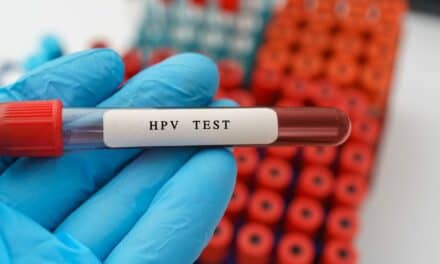AMDL Inc, a US-based pharmaceutical company with major operations in China, announces that it has entered into a collaborative agreement with Mayo Clinic to conduct a clinical study for the validation of AMDL’s next generation version of its US FDA-approved DR-70 (FDP) cancer test.
Through this validation study, AMDL and Mayo Clinic will perform clinical diagnostic testing to compare AMDL’s DR-70 (FDP) cancer test with a newly developed, next generation test. The primary goal of the study is to determine whether AMDL’s next generation DR-70 (FDP) test serves as a higher-performing test to its existing predicate test and can lead to improved accuracy in the detection of early-stage cancers.
For US FDA regulatory approval on the new test, AMDL intends to perform an additional study to demonstrate the safety and effectiveness of the next generation test for monitoring colorectal cancer ("CRC"). The validation study will run for three months and final results are expected in the second or third quarter of 2009.
"These efforts will be a significant step in validating the efficacy of our next generation DR-70 test as a valuable tool for the monitoring of early stage cancers," commented Dr. Andrea Small-Howard, VP of scientific oversight, AMDL. "Working through this critical and necessary phase in our product development process brings us one step closer to defining a leadership position in the cancer testing arena."
Although one of the most commonly diagnosed cancers, CRC is the third most common cancer worldwide and the second leading cause of cancer deaths (irrespective of gender) in the US.
There were approximately 151,000 new cases diagnosed in the US in 2008, roughly 51,000 deaths due to the disease, and almost half of all patients thought to be "cured" are expected to develop a recurrence of CRC within 5 years — usually due to undetected metastases.
Frequent surveillance of diagnosed patients is recommended, but current procedures have shortcomings. This includes the Carcinoembryonic Antigen blood test currently used for surveillance of CRC, which suffers from poor sensitivity and specificity (i.e. the ability to determine if someone actually has, or does not have, CRC). Through its study with Mayo Clinic, AMDL looks to improve upon negatives found in existing tests.
Source: PRNewswire




